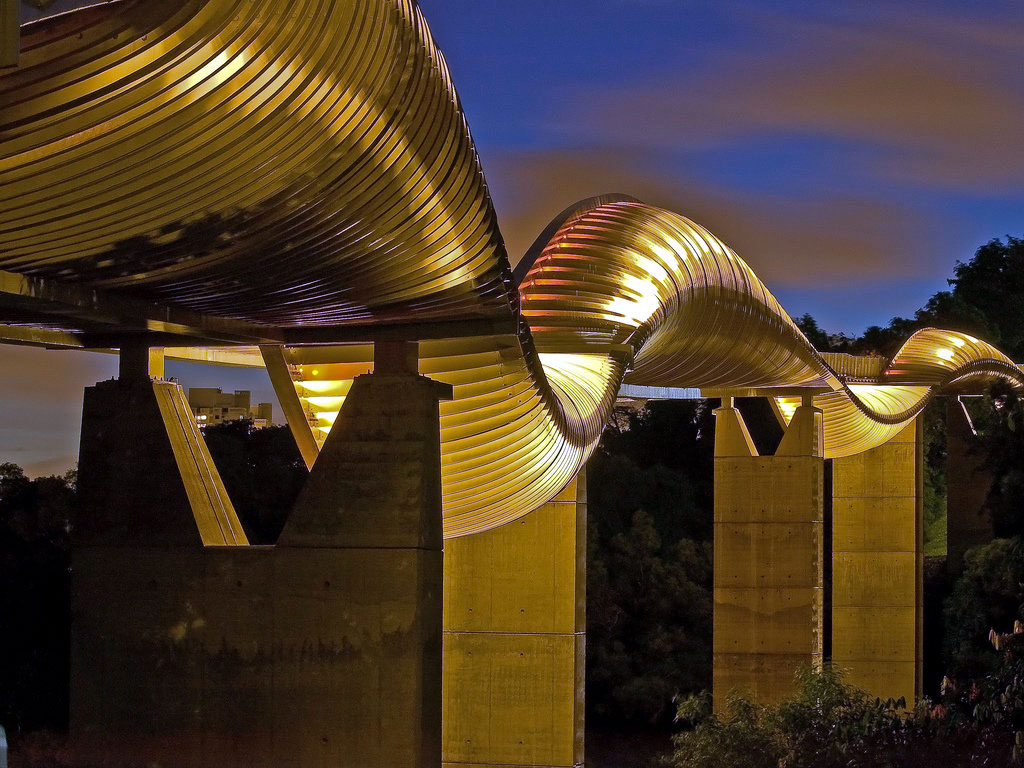.
.
.
Giving cash handouts to the poor, providing subsidies to the poor have to be expensively and extensively bureaucratized and monitored, with a lot of the money falling into the pockets of vested interests and mafia groups. This system creates corruption more than anything else.
The experience of Congress run India.
Massive private government investment in INFRASTRUCTURE on the other hand gives direct jobs and money to the poor and needy.................AND as a side issue develops the country, contributing to GDP growth.
This is how China developed since 1979, along with investment in INDUSTRY.
China will invest between $6-8 trillion into the economy this year alone. Both private and government. The government since 1979 has through legislation and direct example created the atmosphere where such huge amounts are re-invested into her economy ANNUALLY.
THIS is the mechanism that the Indian government has to set up in India, as consumption, low oil prices , services and agriculture will not ALONE sustain significant growth for too many years into the future, and provide jobs to the tens of millions who will swamp the cities of India.....500 million IN THE NEAR FUTURE.
Thus $8 billion IN ONE YEAR is nothing compared to THE massive amounts of annual investments in China.....but I suppose its marketing and sloganism that counts in politics.
quantum leap (plural quantum leaps) wikipedia:
- (physics) The discontinuous change of the state of an electron in an atom or molecule from one energy level to another.
- (metaphorical) An abrupt, extreme change.
_______________________________________________________
India poised for quantum leap in infrastructure: PM Modi
By PTI and Times of India
India is set for a quantum leap in infrastructure and concerted efforts
are being made to bolster growth in highways, I-ways (information ways)
and railways, Prime Minister Narendra Modi said on Friday.
 Launching
an ambitious Rs 50,800-crore Setu Bharatam project to ensure highways
without railway crossings by 2019 and overhaul of 1,500 British-era
bridges, the Prime Minister said his government is committed to speeding
up all projects related to infrastructure.
Launching
an ambitious Rs 50,800-crore Setu Bharatam project to ensure highways
without railway crossings by 2019 and overhaul of 1,500 British-era
bridges, the Prime Minister said his government is committed to speeding
up all projects related to infrastructure.
 "Our endeavour is for
a quantum jump (in infrastructure), for a breakthrough, for
fast-tracking projects. Infrastructure plays the same role for the
nation as arteries play in a human body and thus, making it sound is
quintessential," Modi said at the launch.
"Our endeavour is for
a quantum jump (in infrastructure), for a breakthrough, for
fast-tracking projects. Infrastructure plays the same role for the
nation as arteries play in a human body and thus, making it sound is
quintessential," Modi said at the launch.
 Lauding road transport
and highways minister Nitin Gadkari for "pioneering work" in
infrastructure, Modi said infrastructure plays a pivotal role in the
country's growth and a comprehensive integrated approach has been
initiated.
Lauding road transport
and highways minister Nitin Gadkari for "pioneering work" in
infrastructure, Modi said infrastructure plays a pivotal role in the
country's growth and a comprehensive integrated approach has been
initiated.

He added that the government's emphasis is not just on "highways, but on I-ways and railways".
 Normally,
governments are in the habit of doing incremental work only, but the
approach of the current one is different, Modi asserted, adding that it
is driven by long-term growth and is working to satisfy the long-felt
aspirations of people.
Normally,
governments are in the habit of doing incremental work only, but the
approach of the current one is different, Modi asserted, adding that it
is driven by long-term growth and is working to satisfy the long-felt
aspirations of people.

Under the Setu Bharatam project, a total
of 208 railway crossings will be replaced by rail over bridges (ROBs) by
2019 at an estimated cost of Rs 20,800 crore while 1,500 bridges of the
British era will be overhauled at an estimated expenditure of Rs 30,000
crore across the country.
The Prime Minister said that for the first time all bridges in the country are being mapped, in an oblique reference to the previous administration for not having any such database in place.
The Indian Bridge Management System has been introduced to map all 1,50,000 bridges in the country.
Modi, in his trademark style, added: "No body knows which bridge is where. Imagine how works were being done. I am not blaming any elected body for this or any Prime Minister or ministers. This is the flaw of the system. We didn't accord priority to these things..."

Modi singled out the previous land acquisition system for highways, saying expansion of projects to two lanes and four lanes was not possible due to rampant encroachments, which were allowed with an eye on elections.



